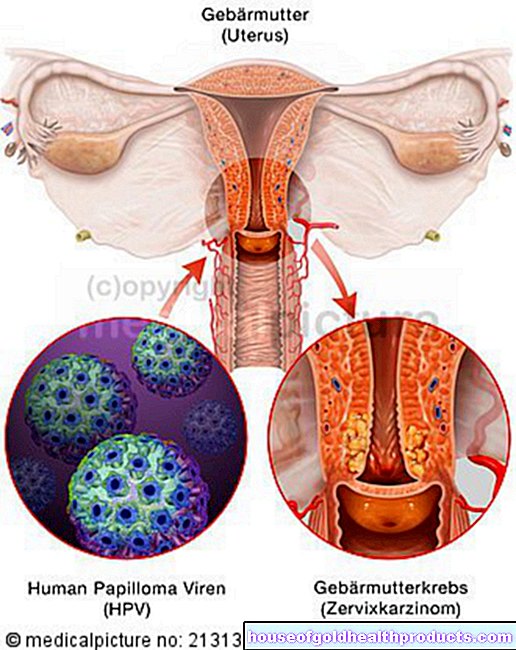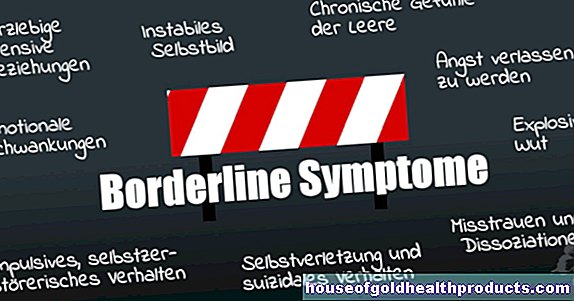Stroke: First Aid Aspirin
All content is checked by medical journalists.The active ingredient ASA (acetylsalicylic acid), which is found in aspirin, is not only a pain reliever, but also has a blood thinning effect. After a stroke, it can protect against subsequent cerebral infarctions if it is taken in good time.
Particularly after mini-strokes, medically known as “transitory ischemic attack”, or TIA for short, rapid intake can protect against much worse. The short-term circulatory disorders in the brain are often harbingers of more serious events. Every tenth person who suffers such a mini-stroke later has a severe cerebral infarction. Taking ASA reduces the risk of it to every 50th. And if a stroke occurs despite ASA, it is often less serious. This is what researchers working with Peter Rothwell from the University of Oxford have now discovered.
Underestimated danger
A TIA manifests itself in neurological complaints: Often these are visual disturbances, but sometimes also paralysis or word-finding disorders - everything that can also result in a severe stroke. But with TIA these symptoms are only temporary - they last for minutes, at most a few hours. They are therefore often taken lightly by those affected.
"Many patients do not go to the doctor or only after a few days," says study director Rothwell. A TIA is a medical emergency and must always be clarified. The researcher therefore calls for people to be better informed about the high risk of a subsequent severe stroke. Based on the study, Dale Webb of the American Stroke Association even recommends taking a dose of 300 milligrams of aspirin immediately after the appropriate warning signals. But even then, an examination by the doctor is absolutely necessary.
Protective effect of ASA
Rothwell's team evaluated twelve studies with around 12,000 participants. They should show to what extent a prolonged intake of ASA can protect people with a stroke from another cerebral infarction. There were also four other studies with a total of 40,000 participants that examined the effects of taking aspirin in the event of an acute stroke. In the long term, it turned out, the protective effect is limited. In the first days and weeks after a stroke or TIA, however, it is considerable.
Dying brain cells
Around 270,000 people in Germany suffer a stroke every year. Because of a circulatory disorder, brain cells die in the undersupplied areas. Depending on the extent and the speed with which the patient receives help, the prognosis is: some recover completely, others retain severe impairments or even die as a result.
Doctors differentiate between ischemic stroke, in which a cerebral artery is usually blocked by a clot and which makes up around 80 percent of cerebral infarctions, and hemorrhagic stroke, which is based on cerebral haemorrhage. (cf)
Source: Graeme J Hankey. The benefits of aspirin in early secondary stroke prevention. The Lancet, 2016; DOI: 10.1016 / S0140-673630511-6
Tags: tcm alternative medicine smoking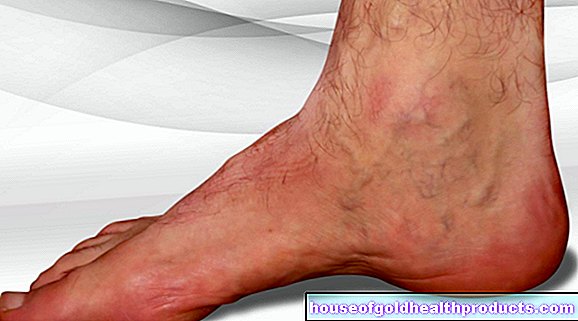

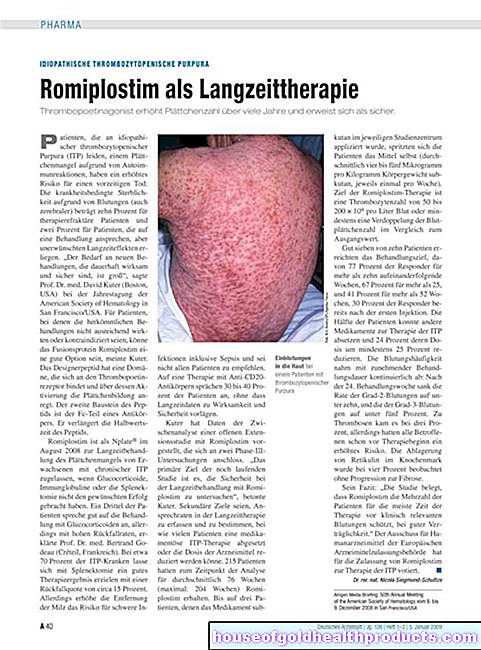
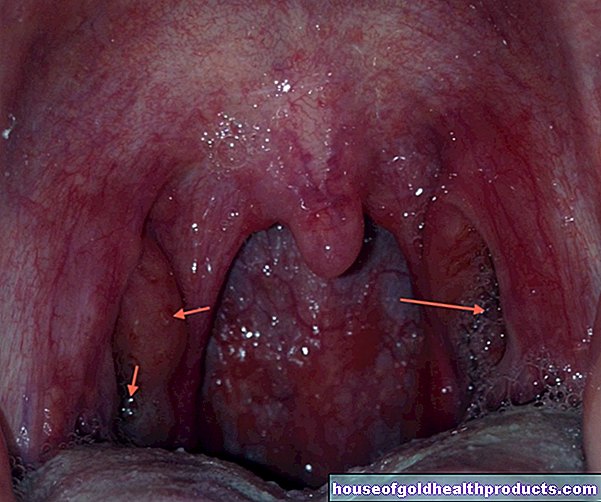
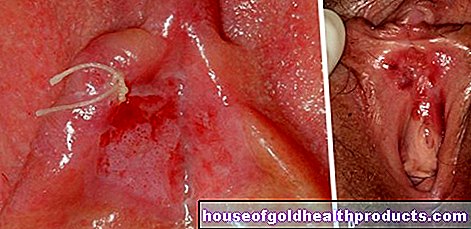





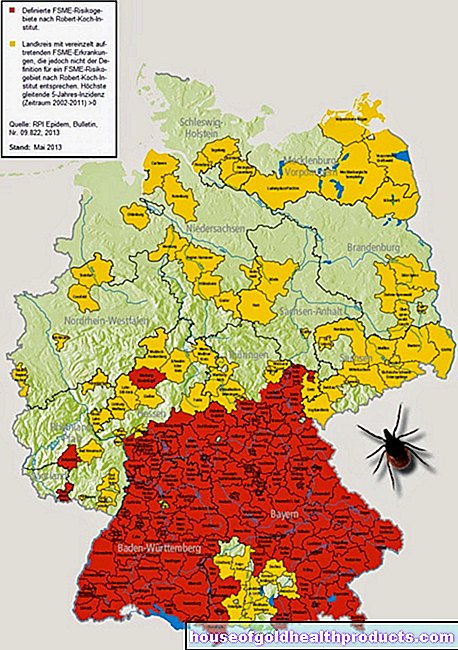
.jpg)

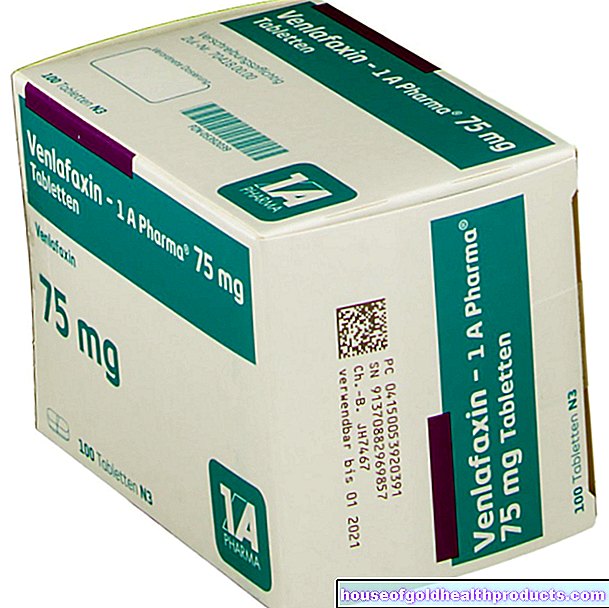
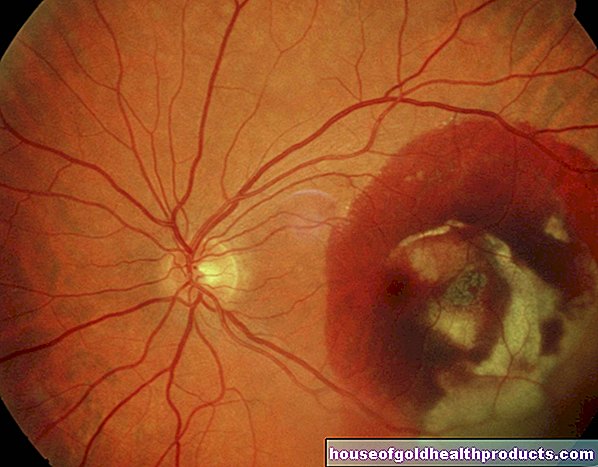

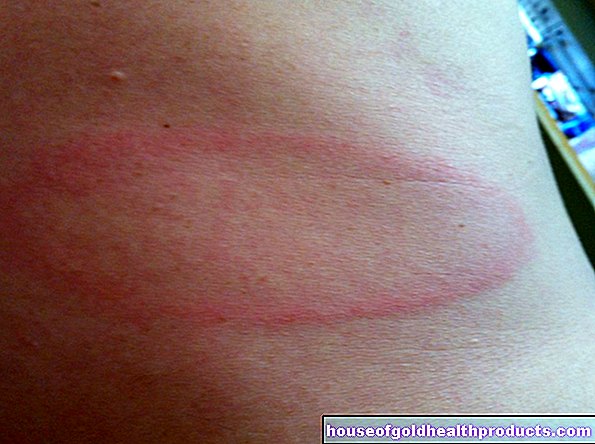

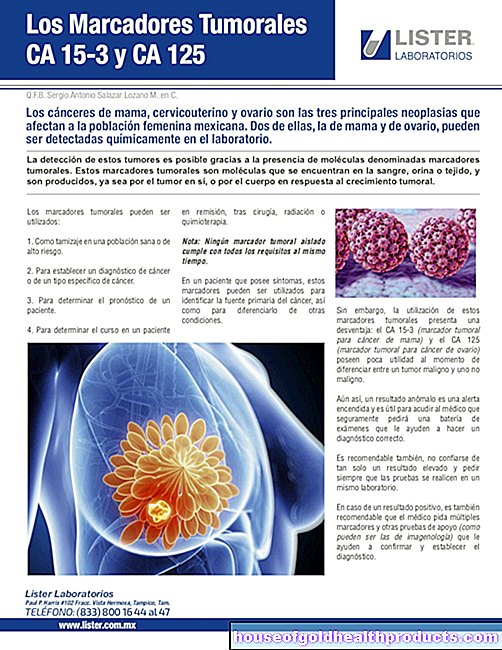

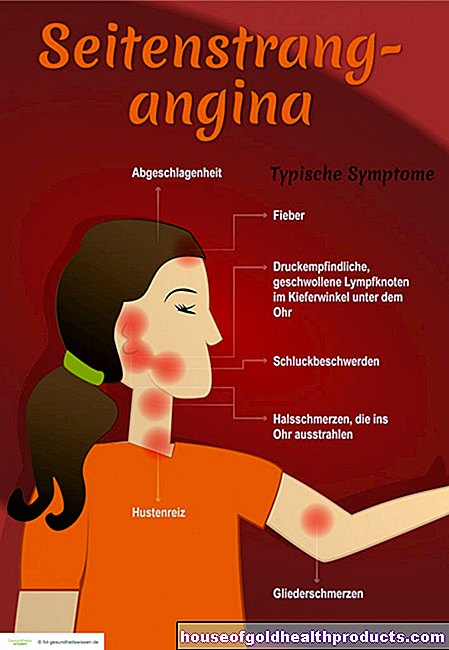



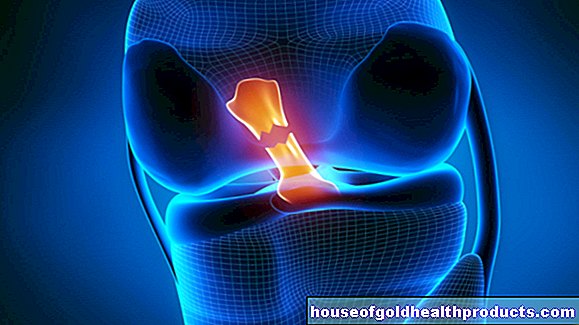
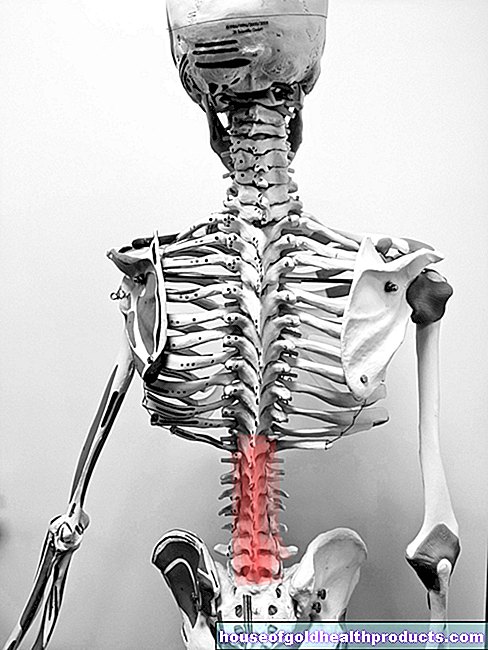

-und-auflagen.jpg)

